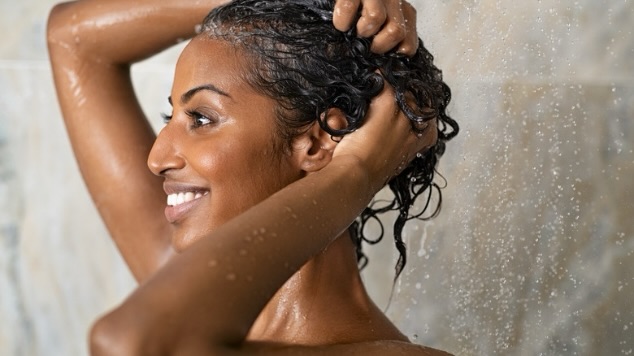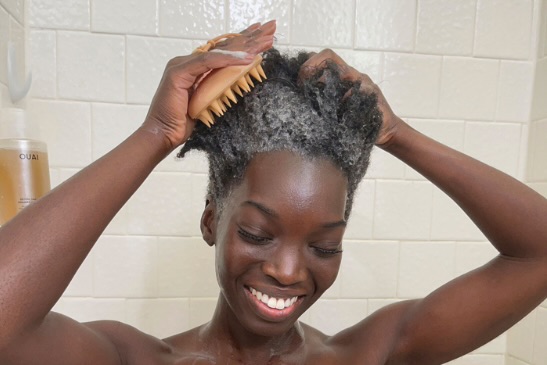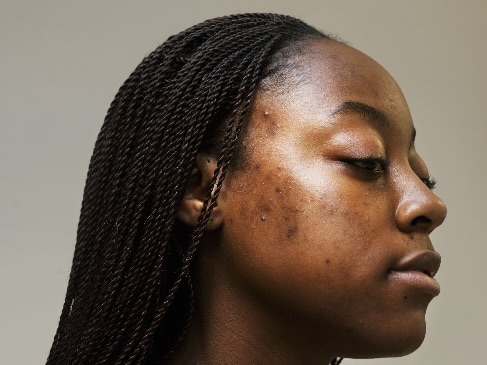When it comes to caring for natural hair, every detail matters, from the products you use to the techniques you incorporate. One often overlooked factor is water temperature.
Many of us have heard different recommendations about whether warm or cold water is better for hair care, but what is the truth?
Understanding how water temperature affects your natural hair can help you make informed choices to maintain healthy, shiny, and strong hair.
Warm water: Benefits and best uses
Warm water is often considered the best option for washing natural hair for several reasons. First, warm water helps to open the hair cuticles, allowing your shampoo, conditioner, and treatments to penetrate more deeply into the strands. This is especially important for natural hair, which is often coarser and may require more effort to hydrate and nourish effectively.
Cleansing with warm water
When you wash your natural hair with warm water, it helps to loosen dirt, oil, and product buildup, making it easier to clean your hair thoroughly. The heat opens up the hair cuticles, allowing the shampoo to work more effectively by removing buildup and cleansing the scalp. This is particularly helpful for those with thicker, textured hair who often use heavy styling products.
Deep conditioning with warm water
Warm water is also beneficial when deep conditioning your natural hair. After applying a deep conditioner, wrapping your hair in a plastic cap or using a hooded dryer with warm water helps to enhance the product’s effectiveness. The warmth allows the conditioner to penetrate deeper into the hair shaft, providing more moisture and nourishment. For extra hydration, you can also try applying a hot oil treatment, which is especially beneficial for natural hair that is prone to dryness.
Cold water: Benefits and best uses
While warm water plays a key role in cleansing and conditioning, cold water can also be a valuable addition to your hair care routine. Cold water helps to close the hair cuticles, which can lock in moisture and prevent frizz. This is particularly important for natural hair, which can be more prone to dryness and frizz due to its texture.
Sealing in moisture with cold water
After conditioning your hair with warm water, a final rinse with cold water can help seal in the moisture from the conditioner and lock the cuticle in place. This is an excellent way to maintain hydration and achieve smoother, shinier hair. The cold rinse helps to smooth the hair shaft, reducing the likelihood of frizz and enhancing the overall appearance of your curls.
Reducing scalp irritation
Cold water can also be beneficial for your scalp. After shampooing and conditioning, rinsing your scalp with cold water can help reduce irritation, tightness, and inflammation. If you suffer from a dry, itchy scalp, cold water can offer a soothing sensation and help balance your scalp’s natural oils.
How to incorporate both warm and cold water
To get the best of both worlds, you can combine warm and cold water in your hair care routine. Start with warm water to cleanse your scalp and hair, then follow up with a cold water rinse after conditioning to lock in moisture and shine. This two-step process is ideal for maintaining healthy, hydrated, and manageable natural hair.
Conclusion
Both warm and cold water offer distinct benefits for natural hair care, and using them strategically can enhance your hair’s health.
Warm water helps to cleanse and prepare your hair for deep conditioning, while cold water seals in moisture and adds shine.
By incorporating both into your hair care routine, you can achieve the perfect balance of cleanliness, hydration, and protection for your natural hair.





